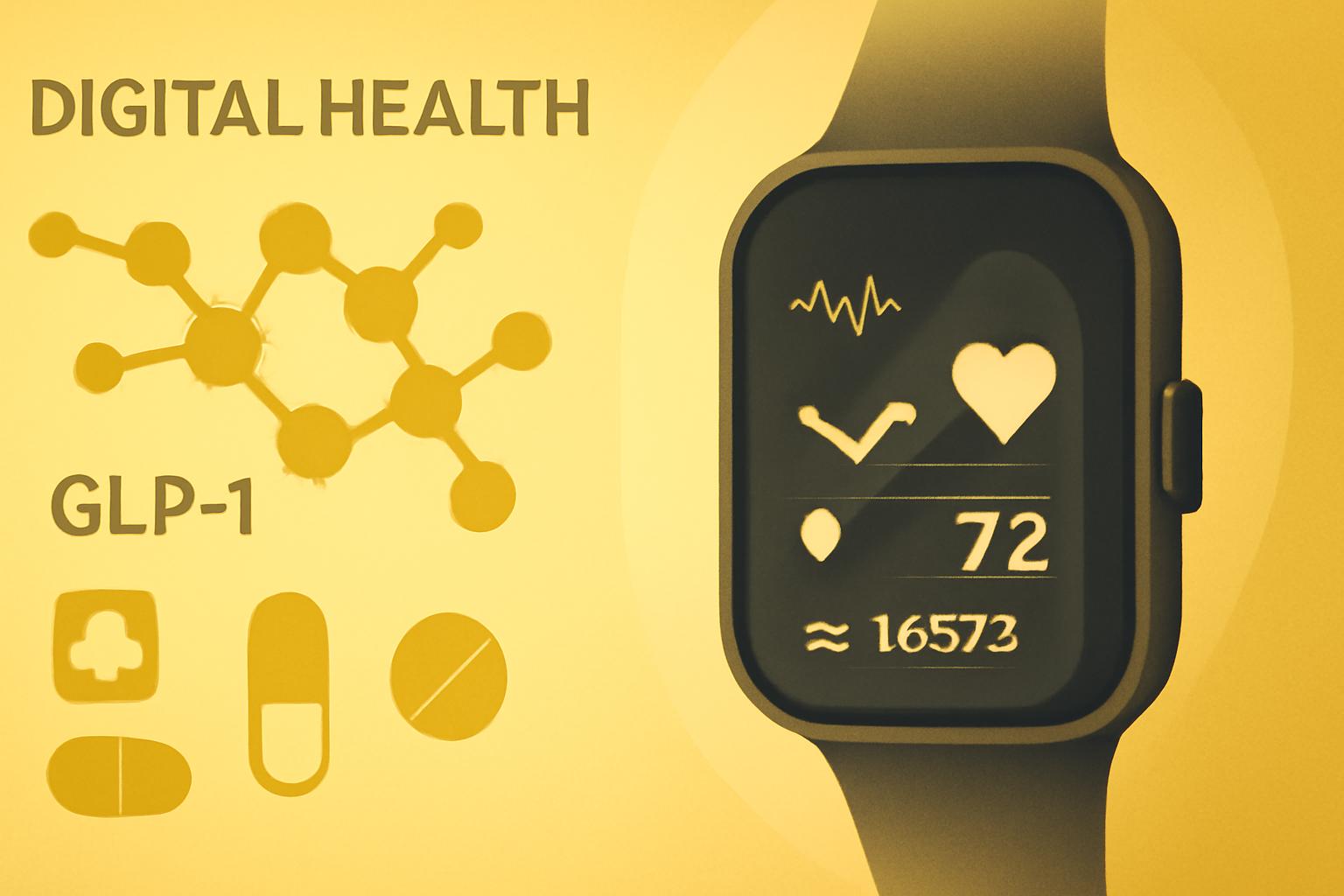FDA Enhances Regulation of Compounded GLP-1 Ingredients Amid Safety Concerns
The U.S. Food and Drug Administration (FDA) announced a new measure aimed at tightening the oversight of active pharmaceutical ingredients (APIs) used in compounded glucagon-like peptide-1 (GLP-1) drugs. These medications, popular for weight loss and diabetes treatment, have seen a surge in copycat versions produced by compounding pharmacies using imported raw materials.
On Friday, the FDA revealed plans to publish a “green list” of foreign suppliers whose facilities have passed rigorous U.S. inspections and meet quality standards. This list, currently encompassing over three dozen suppliers primarily based in China, Belgium, Italy, Canada, and India, identifies approved sources of GLP-1 APIs. Importantly, the names of these suppliers remain confidential.
The FDA will subject APIs from non-approved suppliers to detention without physical examination upon entry into the United States. This approach is designed to prevent potentially hazardous or substandard compounded GLP-1 drugs from reaching patients.
Consumers have increasingly turned to compounded GLP-1 treatments due to limited insurance coverage and previous supply shortages of branded drugs like Novo Nordisk’s Wegovy and Eli Lilly’s Zepbound. However, the FDA has flagged serious safety issues with compounded semaglutide and tirzepatide, including dosing errors that have led to hospitalizations.
“By strengthening oversight of imported APIs and cracking down on illegal drugs entering the U.S., we are taking aggressive action to protect consumers from poor-quality or dangerous GLP-1 drugs,” said FDA Commissioner Marty Makary.
Market Reaction and Industry Response
Following the FDA’s announcement, shares of Eli Lilly and Novo Nordisk declined by more than 2%, reflecting investor concerns over the impact on their branded GLP-1 products. Analysts note that while the FDA’s green list enhances patient safety, it stops short of banning compounded GLP-1 drugs outright.
BMO Capital Markets analyst Evan Seigerman commented that the FDA’s stance allows some compounded versions to remain on the market if they meet quality standards, potentially maintaining competition for the branded drugs. He noted that this issue is particularly significant for Novo Nordisk, which recently lowered sales guidance for Wegovy partly due to competition from compounded alternatives.
Both Eli Lilly and Novo Nordisk have pursued legal action against pharmacies and telehealth companies producing unauthorized compounded GLP-1s. A potential lawsuit by Novo Nordisk against telehealth provider Hims & Hers, which continues to offer compounded semaglutide, could be pivotal.
An Eli Lilly spokesperson acknowledged the FDA’s efforts as a “first step” but urged stronger regulatory action to prevent further harm from illegal compounding. Novo Nordisk emphasized the importance of FDA intervention to block imports of illicit semaglutide APIs and protect patients from unsafe knockoff drugs.
Apple Introduces New Health Features in Watch Series 11
In a separate development, Apple unveiled the Apple Watch Series 11 during its annual hardware event, highlighting new health capabilities focused on heart and sleep monitoring.
The Watch Series 11 introduces an algorithm that analyzes blood vessel responses using the device’s optical heart sensor to identify potential hypertension, a condition affecting approximately 1.3 billion people worldwide. This feature operates passively, reviewing monthly data patterns to alert users of possible high blood pressure risks. Apple stresses that this is not a medical diagnosis but a prompt for users to seek professional evaluation.
Dr. Sumbul Desai, Apple’s vice president of health, stated, “We expect to notify over 1 million people with undiagnosed hypertension in the first year alone.” The company anticipates FDA clearance for this feature soon. It will be available on Apple Watch Series 9 and later models running watchOS 26.
Additionally, the new sleep score feature provides users with a comprehensive assessment of sleep quality based on consistency, duration, awakenings, and sleep stages. This tool integrates with the Health app for ongoing tracking.
Starting at $399, the Apple Watch Series 11 is available for preorder now, with official sales commencing on September 19.
Apple continues to expand its footprint in health technology, aiming to provide users with tools that support proactive health management.
FinOracleAI — Market View
The FDA’s introduction of a ‘green list’ to regulate GLP-1 APIs aims to enhance patient safety by ensuring quality control over compounded drugs. However, allowing some compounded versions to persist poses ongoing competitive challenges for branded drug manufacturers, particularly Novo Nordisk. Litigation remains a key strategy for these companies to protect market share. Investors should monitor regulatory enforcement intensity and legal developments involving compounding pharmacies.
Apple’s launch of advanced health monitoring features in its Watch Series 11 is likely to bolster its position in the wearable health tech market. The hypertension alert and sleep scoring tools enhance user engagement and could drive device adoption. FDA clearance and user uptake will be critical to watch.
Impact: Neutral













